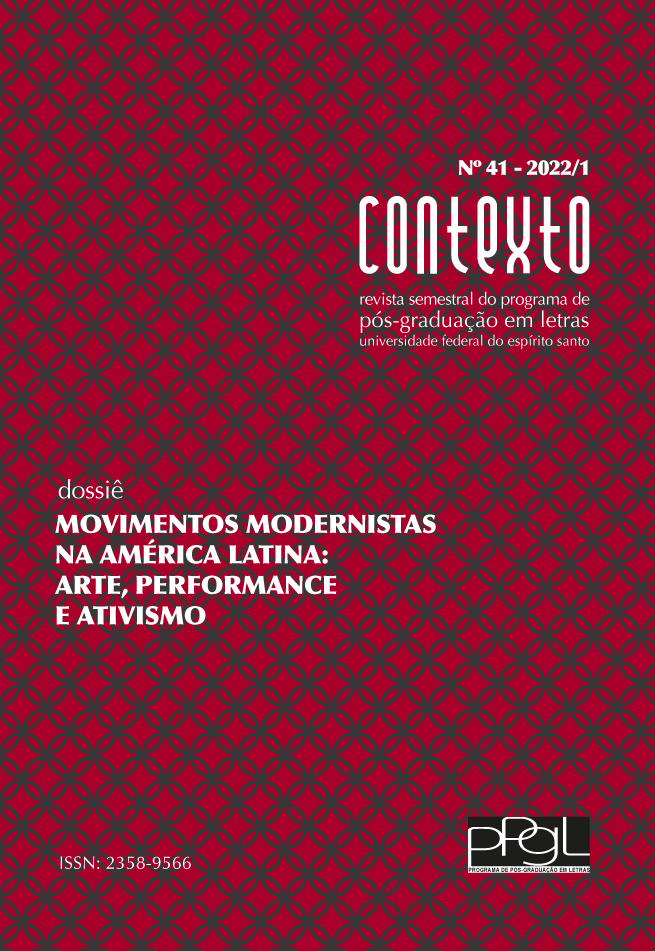Rachel de Queiroz’s feminist boldness: Conceição’s female emancipation in O Quinze
Rachel de Queiroz’s feminist boldness: Conceição’s female emancipation in O Quinze
DOI:
https://doi.org/10.47456/contexto.v1i41.36140Keywords:
Female emancipation. Gender. Female character. O Quinze.Abstract
This article discusses aspects of the character Conceição, protagonist of O Quinze, a regionalist romance by Rachel de Queiroz, published in 1930, but already presenting advanced proposals for her time regarding the female issue. Therefore, some themes that permeate the plot are elaborated, which we bring to the discussion today: the pressures that women face, including in all age groups, such as marriage and motherhood and the much desired female emancipation. , difficult to be conquered by the most disadvantaged layers of society. To reach the proposed objective, the studies by Judith Butler, Carole Pateman, Virginia Woolf and others who contributed to this debate, taking it to the literature, were used as theoretical support. As a result, we find a woman from the last century in an avant-garde position in the Brazilian context of the time, who managed to say no to male oppression, achieving the status of living well, even alone – without a man – in the face of patriarchal society.
Downloads
Published
Issue
Section
License
Copyright (c) 2022 Amanda Izabel dos Santos dos Santos, Maria da Luz Lima Sales

This work is licensed under a Creative Commons Attribution-NonCommercial 4.0 International License.

Este obra está licenciado com uma Licença Creative Commons Atribuição-NãoComercial 4.0 Internacional.





